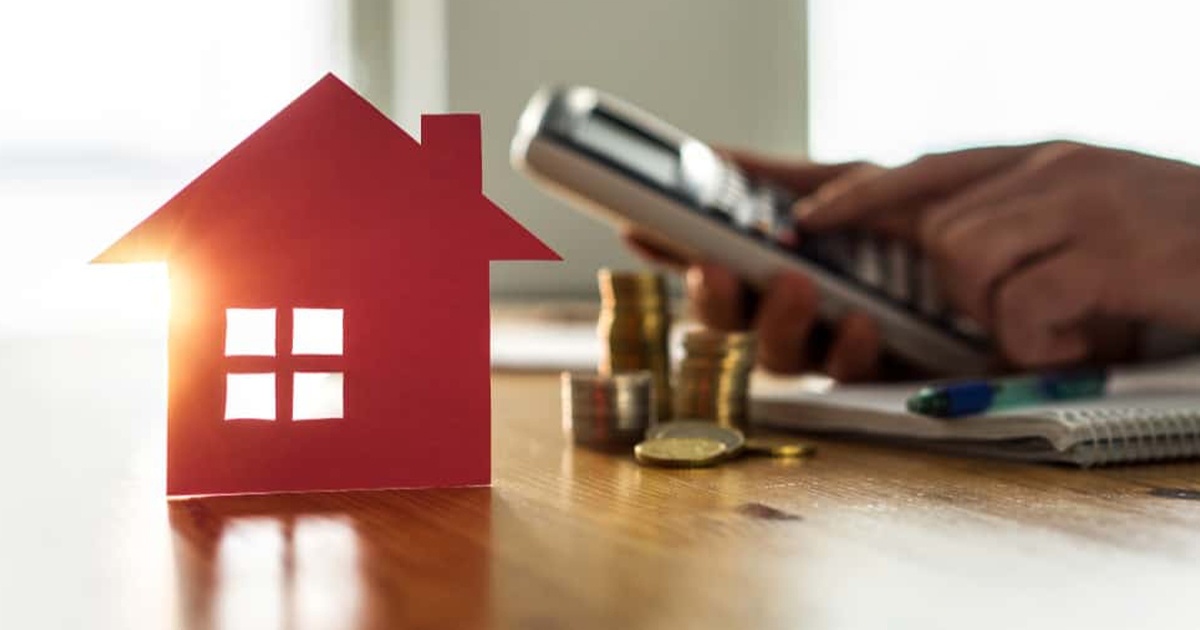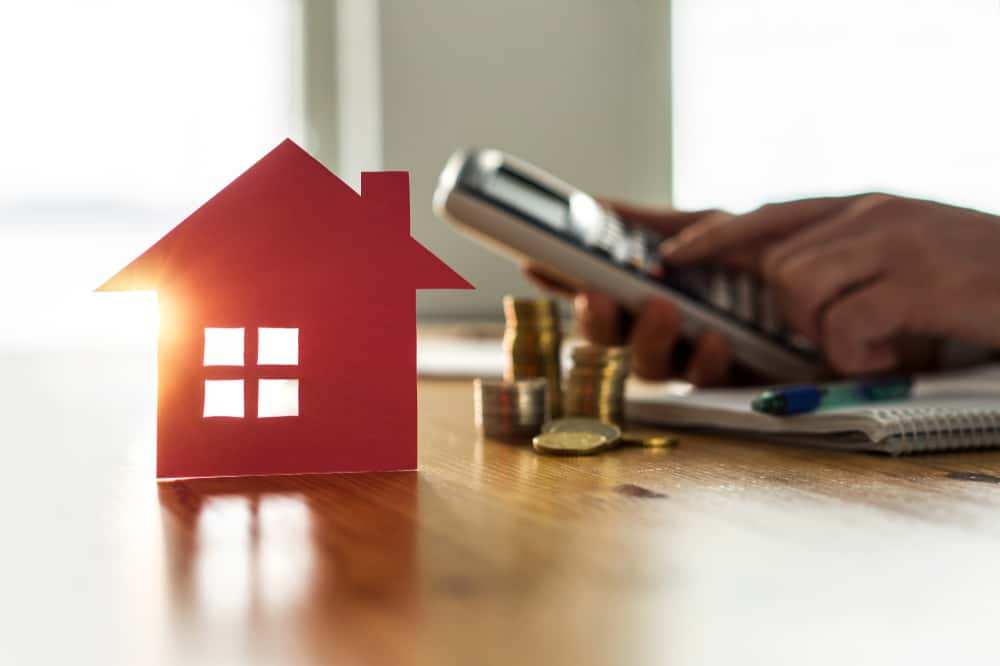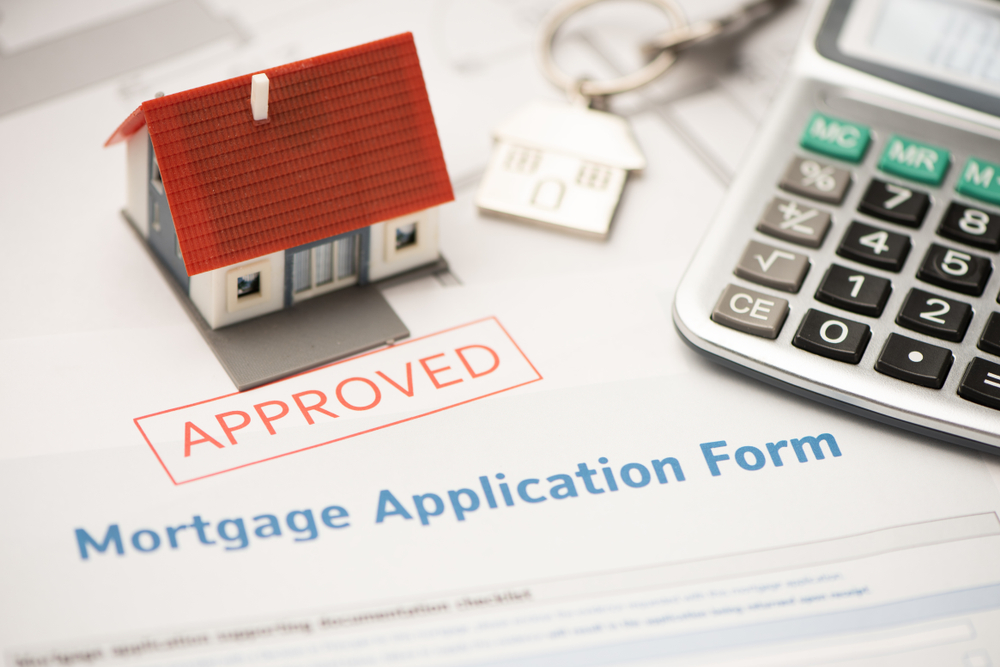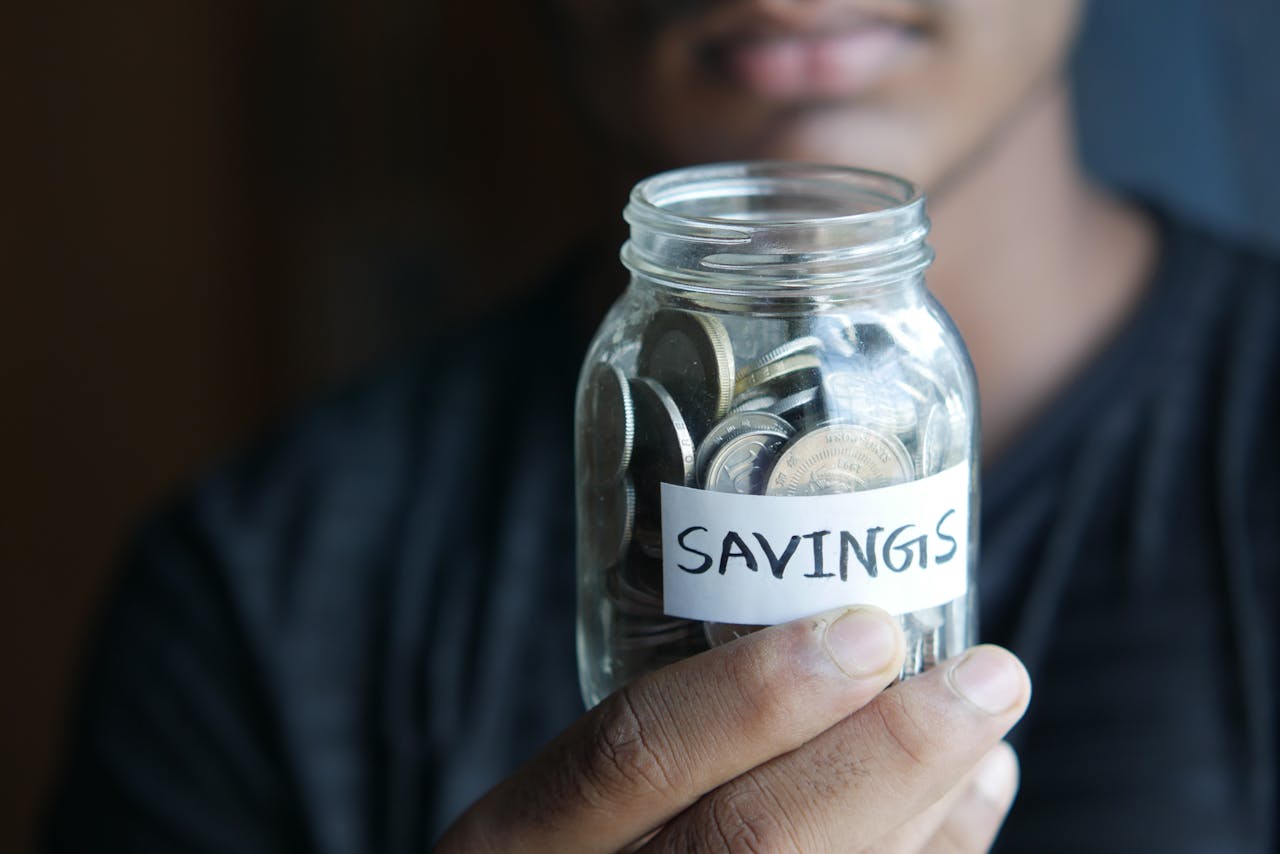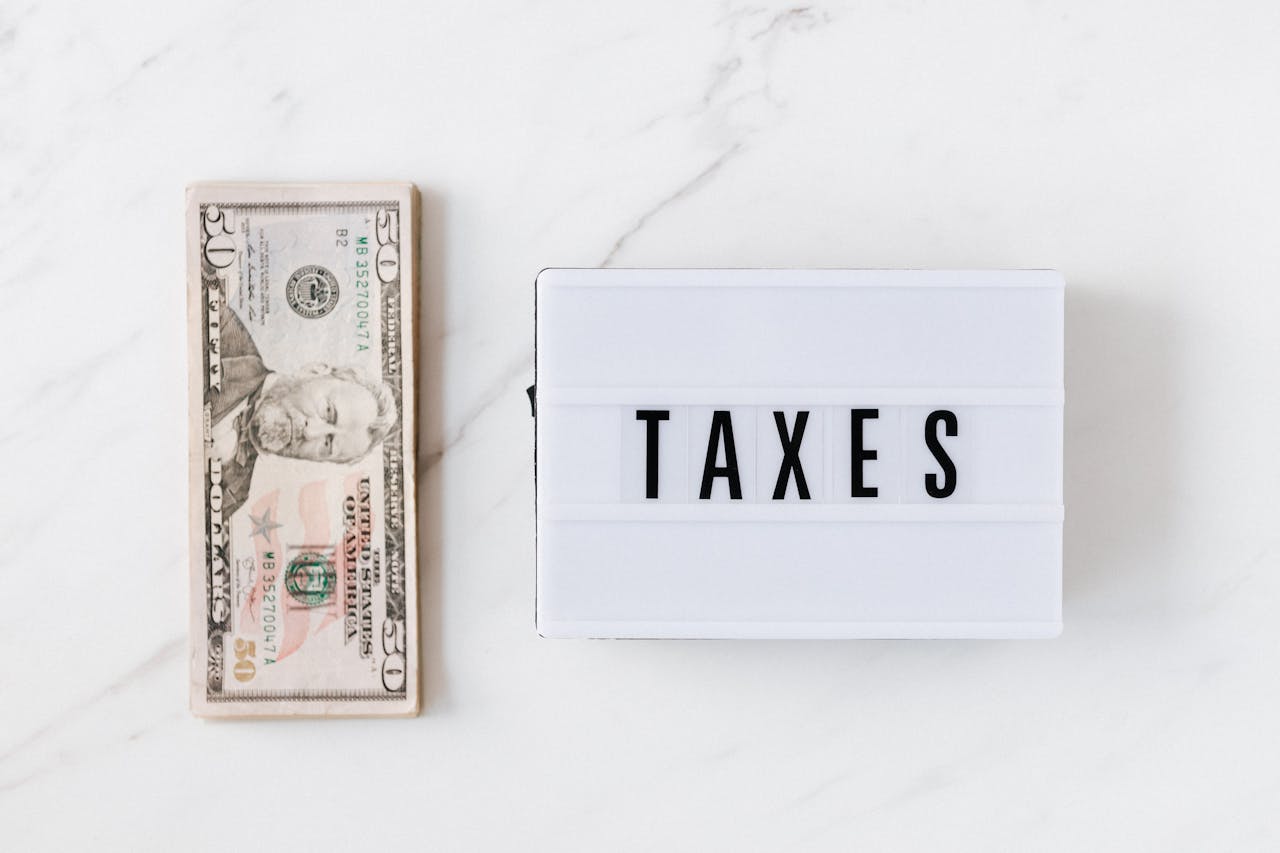When Should You Pay Off Your Mortgage?
Completely paying off your mortgage sounds great. Who wouldn’t want to be mortgage free? Paying off your mortgage early can provide several benefits—but for some, it is not always the best idea.
Let’s explore your options.

Can You Pay Off A Mortgage Early?
The short answer is yes, you can pay off your mortgage early. This is called prepaying a mortgage. Many people who can afford to do this, do so to avoid further interest payments and gain financial freedom sooner. However, there can be consequences to doing so.
Read The Fine Print
Before paying off any loan early, it is important to read the fine print. Based on the terms of your loan, you could be subject to a prepayment penalty. This amount can vary based on the size of the loan, your credit score, and other personal banking factors.
The Pros And Cons
It’s important to weight the benefits, as well we the cons of paying off your mortgage early. This will help you decide whether paying off the mortgage early will save you more than what you would earn if you put those funds to work elsewhere.
The Pros
The benefits to paying off your mortgage early include:
- Eliminates your monthly mortgage payment, freeing up extra money
- Potentially saves you thousands of dollars in interest
- Offers a predictable rate of return, equivalent to the interest rate on the balance you’re paying off
- Provides peace of mind knowing you own your home outright
- Allows you to tap into the equity in your home if you need money in the future
The Cons
The cons to paying off your mortgage may include:
- Ties up a large amount of your liquidity and net worth in your home, which might make it harder to access later
- No longer eligible for the federal mortgage interest tax deduction if you are still claiming it
- Could miss out on potential higher returns from other investments
- Might not get as much from your home as you had hoped if the market drops and you have to sell quickly
Things To Consider
There are few other things to consider before paying off your mortgage. This can include other investments, liquid assets, how you will use the money instead, and how much you value peace of mind.
Let’s take a closer look at some of these.
Other Investments
Will other investments be a better choice than paying off a mortgage early? This is a personal decision, but investing could be more sensible for some people. We asked a professional, and his response is surprising.
Investing
According to Richard Bowen, CPA and owner of Bowen Accounting in Bakersfield, California, “Sadly, the math tells us it’s almost always better to invest in other places than in your mortgage.”
Why could this be?
 Krakenimages.com, Shutterstock
Krakenimages.com, Shutterstock
Mortgage Rates
Mortgage rates have risen significantly in 2022 and 2023 but are still somewhat lower than the average long-term return of the stock market.
On average, the S&P 500 has returned 10 percent over the last 90 years. That means that it’s theoretically a better call to invest than to pay off mortgage debt.
Tax-Advantaged Accounts
According to Bankrate, this can be especially true if you invest your extra money in a tax-advantaged account like a 401(k), traditional IRA, health savings account, or 529 college savings plan.
However, that S&P average ignores volatility in returns.
Appreciation
While you might see a 10 percent appreciation over the long term, you could see a year, five years or even more with much lower returns.
As well, there’s the psychological benefits to paying off debt that should be considered.
No Guarantees
The thing is, there is no guarantees on investments. After paying off your mortgage early, real estate prices could plunge, leaving you with a potential loss.
Liquidity
Don’t forget to look at liquidity before taking all of your money and paying off your mortgage. Your home is considered a non-liquid asset because it can take months or longer to sell the property and access the capital.
The Risk Of Depleting Your Liquidity
“If you start paying down your mortgage too fast, you risk depleting your liquidity,” says Amanda Thomas, CFP, a partner and director at Mission Wealth in Santa Barbara, California. “The kind of liquidity you have is important, too.”
An Emergency Fund
One approach to this is to have an emergency fund, as well as assets like mutual funds, stocks, U.S. treasuries, bonds and marketable securities available in a taxable investment account.
Tax Advantaged Accounts
So, in addition to having money in a tax-advantaged account and in your home, you will also have money in other investments that are easy to convert to cash when needed.
Other Uses For The Money
How will you use your money if you don’t pay off your mortgage early? Be realistic about what you’ll likely do with your money if you don’t use it to retire your mortgage debt. After the mortgage is paid off, will you actually use it to get ahead?
A Better Choice Afterall
If you struggle with keeping money in the bank, it might be a better choice for you to pay off the mortgage early. Your home can be a forced-savings tool, and making extra mortgage payments can save you thousands in interest over time.
If you’re going to blow the extra money on silly purchases, then perhaps spending it on the mortgage is the best choice.
Peace Of Mind
How much do you value peace of mind?
For many, eliminating the monthly mortgage payment ahead of retirement can provide mental relief when considering living on a fixed income.
Borrowing Against Equity
Another possible advantage is the ability to borrow against the equity in your home. Having a considerable amount of equity can allow you to establish a home equity line of credit (HELOC), providing a source of emergency income, as well as allowing you to make home improvements or make progress toward other financial goals.
The Bottom Line
Is early mortgage payoff right for you?
Ultimately, it comes down to personal preference and whether the benefits outweigh the costs. Always consider any prepayment penalty and the potential tax consequences.
Also, determine if it’s more sensible to use the funds elsewhere, like to eliminate high-interest debt.
If Not…
If you decide not to pay off your mortgage early, be sure to be productive with those extra funds. For example, use that money to:
- Invest in the stock market
- Increase your retirement savings by making higher contributions
- Fund your child’s education
- Build an emergency fund
- Pay off high-interest debts
Bonus Tip
While you’re weighing your options, consider taking a moment to check current mortgage rates and see if refinancing could help you save money, especially if you plan to stay in your home for a long time.
You May Also Like:
I took out a second mortgage to start a vape shop. Now I’m in financial hot water. What next?
I'm 67 with $700K in the bank but with a hefty mortgage. Can I finally retire?
What To Do When You Have An Adjustable Rate Mortgage And Rates Go Up

